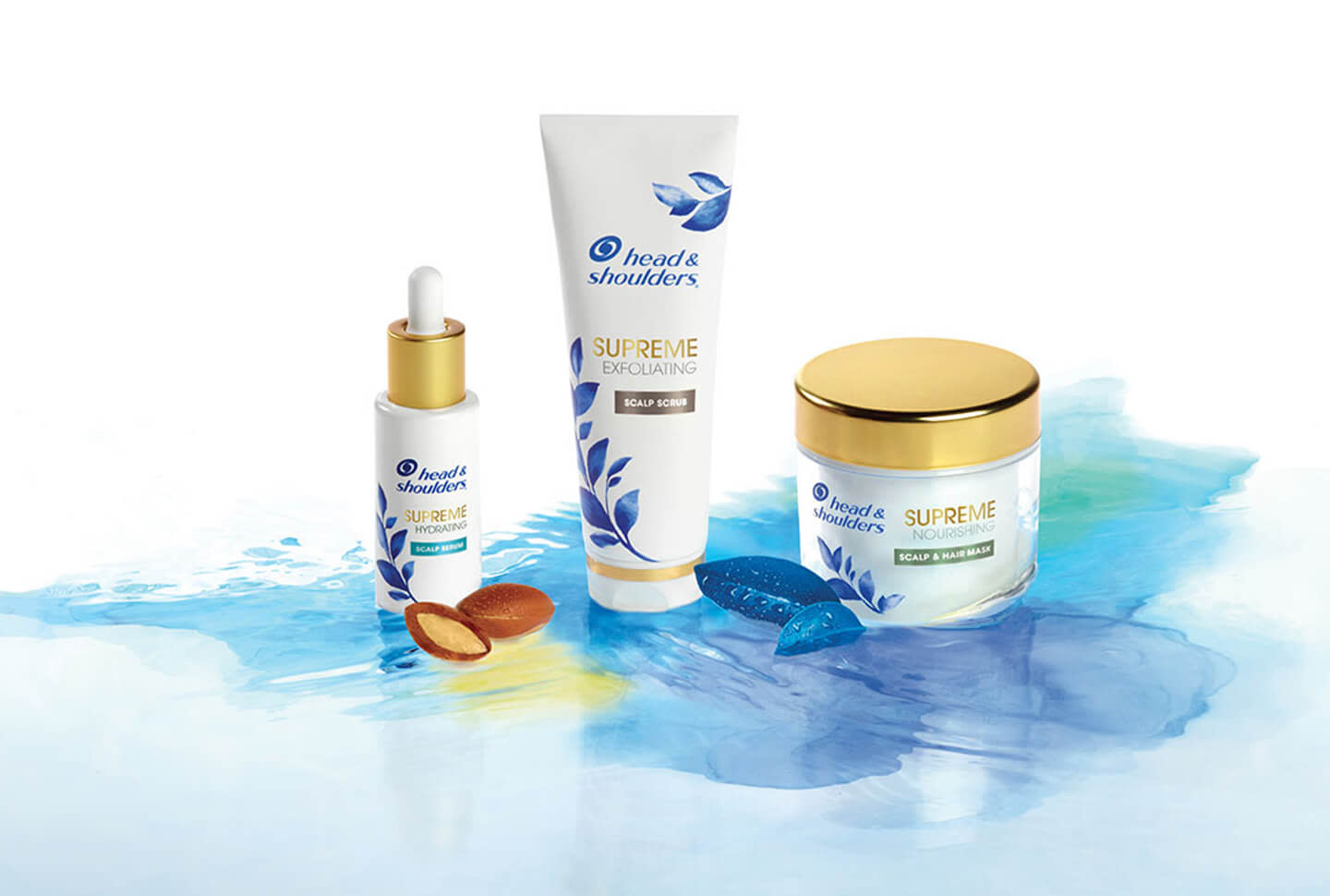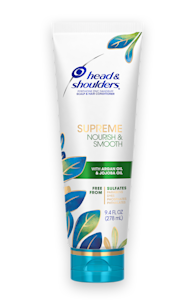DEHYDRATION – IS THIS THE HIDDEN ROOT OF YOUR DANDRUFF PROBLEM?

Dehydration affects your body in a variety of ways. Use our guide to find out if it’s making your dandruff worse, and what to do about it.
Dehydration can have drastic effects on your body’s condition. Even moderately insufficient water intake can cause health problems. But does it cause dandruff, or is something else going on?
What is dandruff?
To start, let’s discuss what dandruff is exactly.
Our bodies are home to many kinds of microbes – and the scalp is no different. One common yeast-like fungus called Malassezia globosa survives by feeding on the natural oils on your scalp. As part of this process, it leaves behind oleic acid.
Unfortunately, a large portion of the population is sensitive to oleic acid, leading to symptoms that include:
Itchiness
White flakes in the hair
A red, irritated scalp
This is dandruff, and the only true way you can get dandruff.
Dehydration and your scalp
The most common reason why skin becomes dehydrated is that it is losing too much water to the air via evaporation. This can happen when the skin isn’t healthy, or when the air is very dry. When your skin becomes dehydrated, you can experience symptoms that are very similar to dandruff:
Dry flakes in the hair
Itchiness
Damaged, cracked skin
In fact, a scalp with dandruff can be especially dry. That’s because the skin is unhealthy – in dandruff, skin cells are produced and shed too rapidly. Research shows that dandruff skin is especially “leaky,” allowing too much water to escape from our skin and leading to dryness. This also means that dandruff and a dry, dehydrated scalp caused by dehydration might need to be treated differently.





